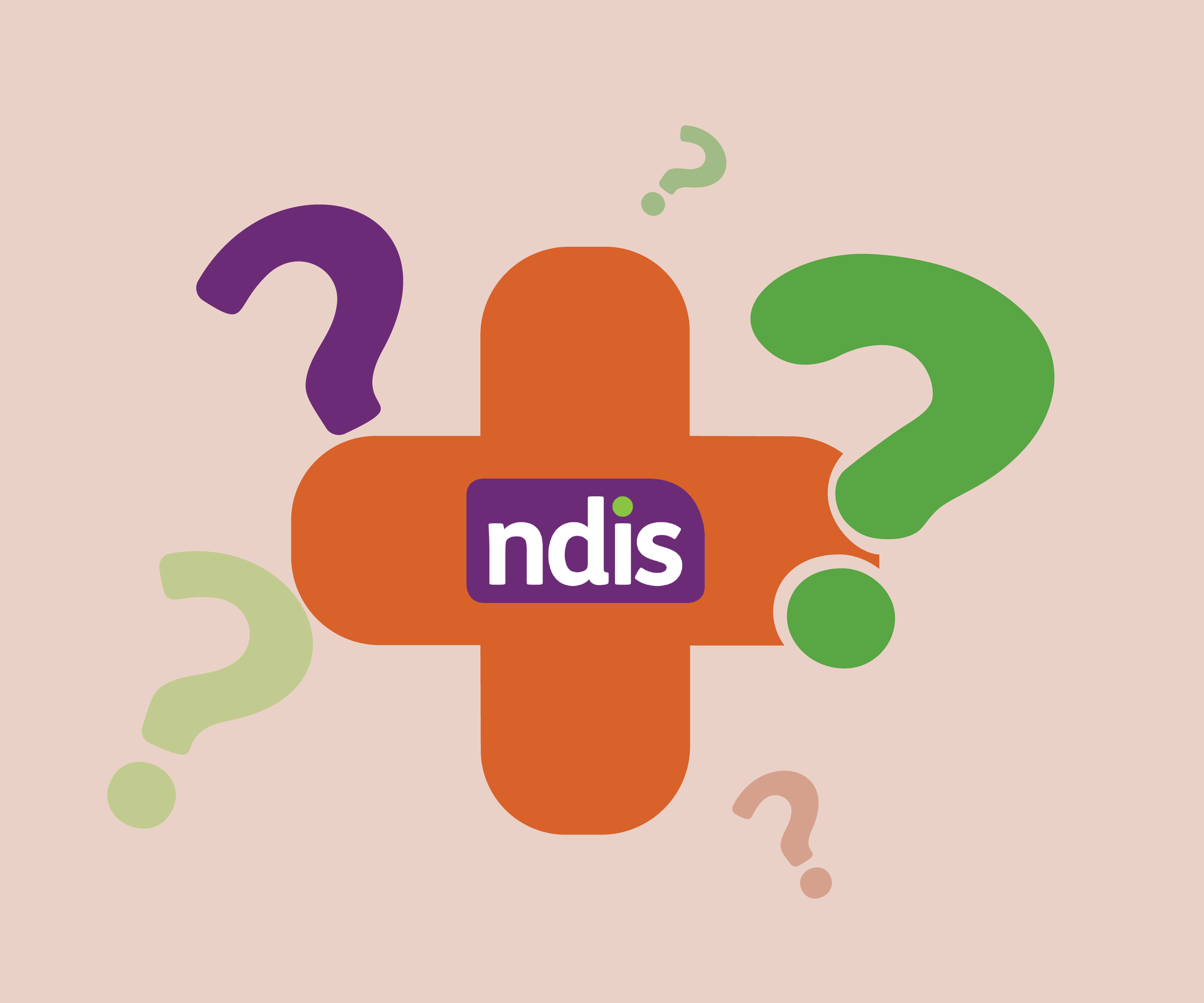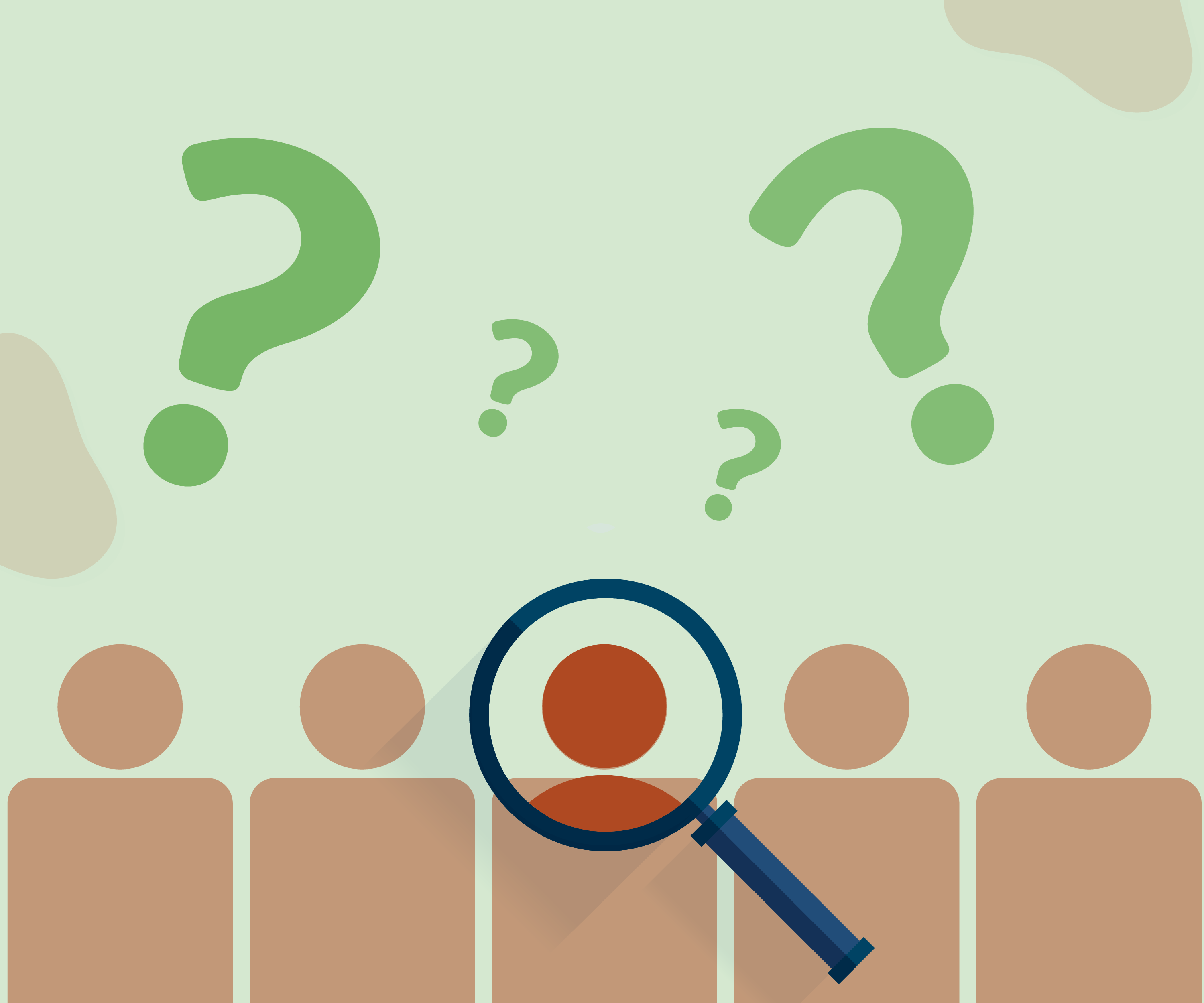

Australians with disabilities can now access additional support services under the National Disability Insurance Scheme (NDIS). The NDIS gives customers a choice and control over their experience, in contrast to earlier programs that were standardized and offered few individually tailored services. You can select your NDIS provider and develop a person-centered plan for the services and assistance you require under the new system.
The NDIS was introduced in 2013 and will be implemented until 2020. It presently provides around $22 billion for an estimated 500,000 Australians who qualify. The new system offers choice and individualization, which improves support for those who require it.
The National Disability Insurance Agency is in charge of directing and carrying out the NDIS (NDIA). To implement the NDIS reform, the agency was established in 2013. Currently, the NDIA is in charge of deciding which services can be supported, establishing eligibility requirements, and deciding if an applicant is eligible.
But at the neighborhood level, neighborhood partners manage the NDIS. Services for qualified Australians with disabilities are coordinated and managed by two different types of local partners.
An Early Childhood Early Intervention partner coordinates NDIS programs for children with disabilities who are six years old or younger (NCEI). ECEI organizations employ coordinators to assist families in finding community services and NDIS support for their children.


For Australians with disabilities who require help but cannot get it through other government or community sources, there is the NDIS. You must fulfill several requirements to be eligible.
You must first be younger than 65 and an Australian citizen or permanent visa holder. If you are above 65, you might be eligible for financing for elder care.
It would help if you also had a "permanent and substantial handicap" that interferes with your everyday activities and necessitates outside assistance. Your impairment might be psychological, behavioral, sensory, intellectual, or physical. Explore the official NDIS eligibility checklist to learn more about eligibility requirements and determine your eligibility.
Through a qualified NDIS provider like Agility HomeCare, NDIS money can assist in covering any essential and reasonable support connected to your disability. The only prerequisites are that the assistance must be connected to your handicap, that it cannot be used to cover routine, daily expenses (like food), and that another government program or community service cannot cover it. Except in exceptional cases, it cannot be used to replace income, and it cannot be used for any activities that might endanger you or others.
Your NDIS money may cover a range of services, from straightforward tasks like meal preparation or housecleaning to one-time expenditures like wheelchairs or home renovations. Once your eligibility has been confirmed, your Local Area Coordinator will help you build your budget and determine your necessary support and NDIS-registered services.


You must submit an access request after determining your eligibility for NDIS funding. You must complete and submit an access request form to receive funds. Your neighborhood NDIA office can help if you need assistance completing it or placing a call for further information.
You have options and control, thanks to your NDIS funding. Since it is person-centered, your particular needs and progress are the main focus. The NDIS provides you with a budget and affords you choice in how you use your funds, in contrast to earlier systems, which were more standardized in the help you might obtain.
The objective is to develop your ability and independence while continuing to support you. Your NDIS money is divided into core support, capacity building, and capital support. Different kinds, or support clusters, are present in each region. Although each region serves a somewhat distinct role, they all work together to support your aims.
It's critical to comprehend what cessation day entails to prevent a treatment gap when you move providers. Your cessation day marks the official end of your care with your previous provider, but you won't still get treatment from them on that day.
You are not permitted to have a period during which the shifts of your two care providers overlap. Your start date is the day your new care starts, and it must either be on or after cessation day. You will experience a period of not getting treatment if your start day is later than your cessation day.

Your NDIS Core Support budget is money set aside to care for your basic requirements continuously. It's the most adaptable portion of your budget, and if your demands change, cash allocated for one item inside Core Support may frequently be transferred to another.
This includes things necessary for your handicap that you must regularly buy, such as continence aids.
This includes products and services that help you with day-to-day tasks, such as food preparation or housecleaning.
This includes assistance with your social activities that enable you to engage in community life, such as a support worker going on outings with you.
If your disability prevents you from driving or using public transportation, this category can assist you with transportation needs. The monies allocated to this category cannot be used in any other categories since it is the least flexible.
The second part of your NDIS budget is for capacity building. The financing for this portion of your budget cannot be transferred from one category to another and is less flexible than Core Support. How much you may spend in each area is determined by your budget.
Your funding for capacity building is primarily intended to assist you in achieving your objectives. Your independence will rise due to the training and skill development you will receive from this help.
You can select which NDIS provider you want for each sort of help you get after securing your funding. Agility HomeCare, which has highly skilled support staff, no administrative costs, provide the most significant value for NDIS support.
We provide a range of NDIS services that may be paid for through your support plan, such as the following:
Support Coordination for capacity development entails a specialized coordinator with resources to assist you in planning the services and schedule you to require, particularly during a period of transition or to achieve a specific objective for independence or a life change.
Everyday Living Assistance includes services like housecleaning, meal preparation, personal care, training, and skill development to boost your independence with daily tasks. Daily living assistance is provided for both core support and capacity building. We also provide short-term help to allow family caregivers a break through respite support for daily living activities.
Support For Communication in capacity development, including Braille, tactile interpreting, and Auslan training for you and your family or caregivers.
Support From the Social and Civic Sectors for basic needs and capacity building, such as job help and training, as well as continuous and skill-development support for civic, social, and recreational activities.
Core Support and Capacity-Building Specialists, such as those who guide you in developing behavioral skills or offer ongoing assistance for complicated requirements.
Therapy for continuing or developmental needs is included in therapy for core support and capacity building.